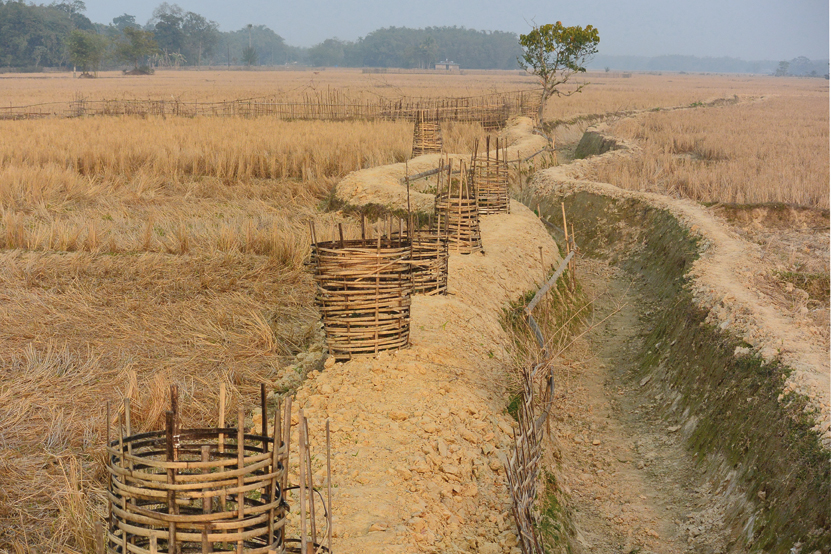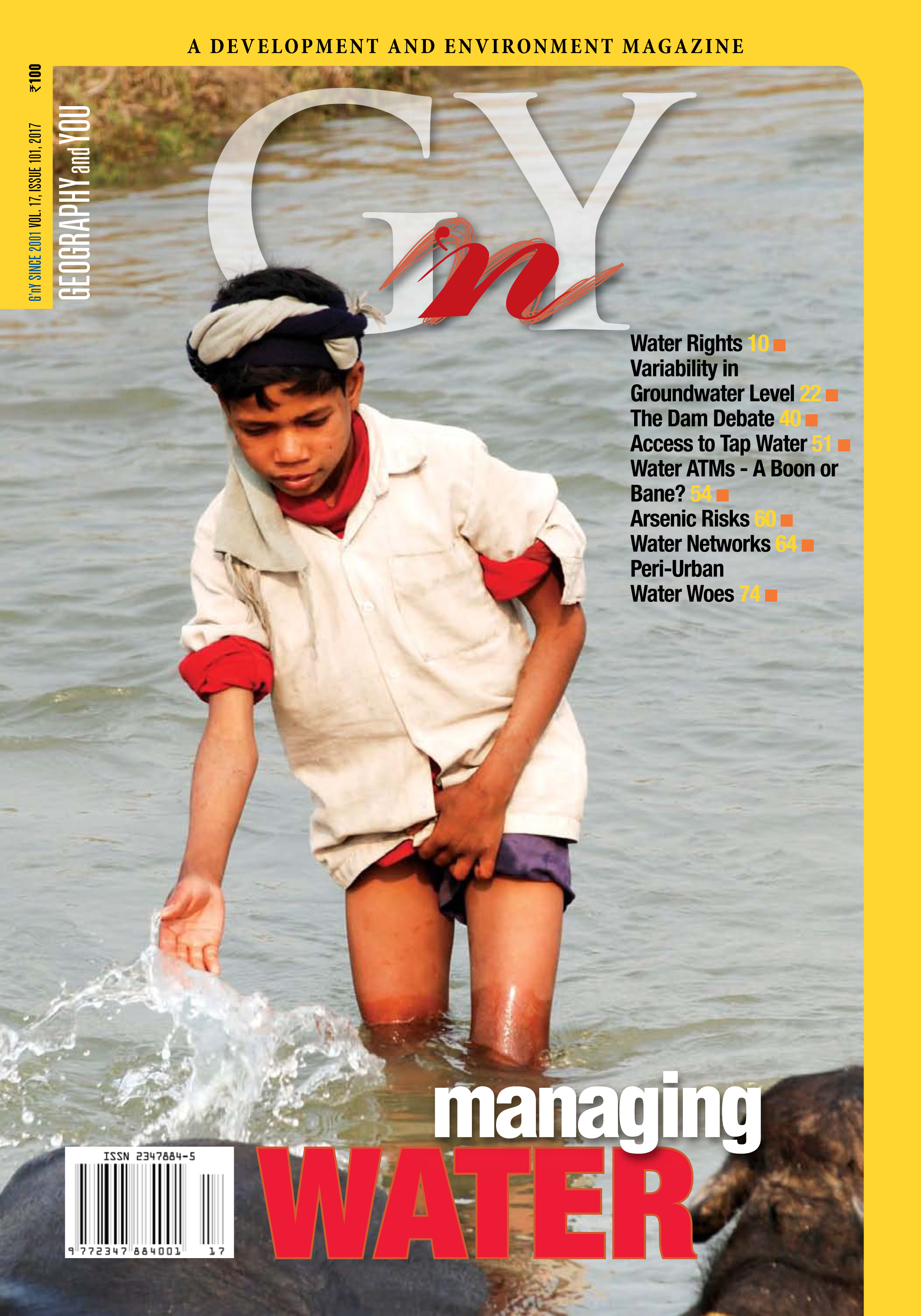
Expert Panel
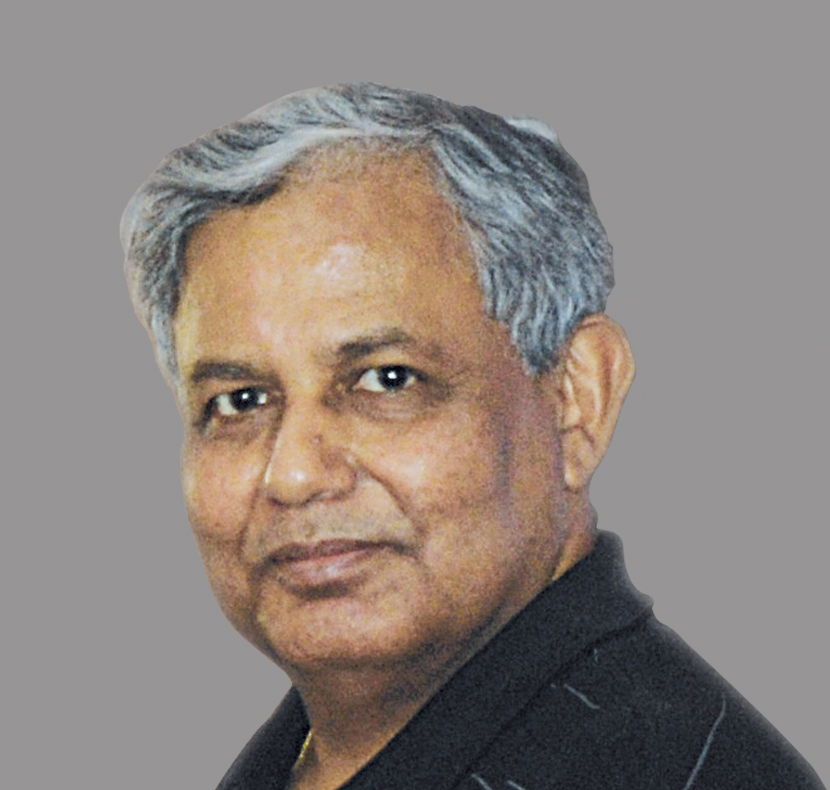
Vice Chancellor, MG Kashi Vidyapeeth, Varanasi.
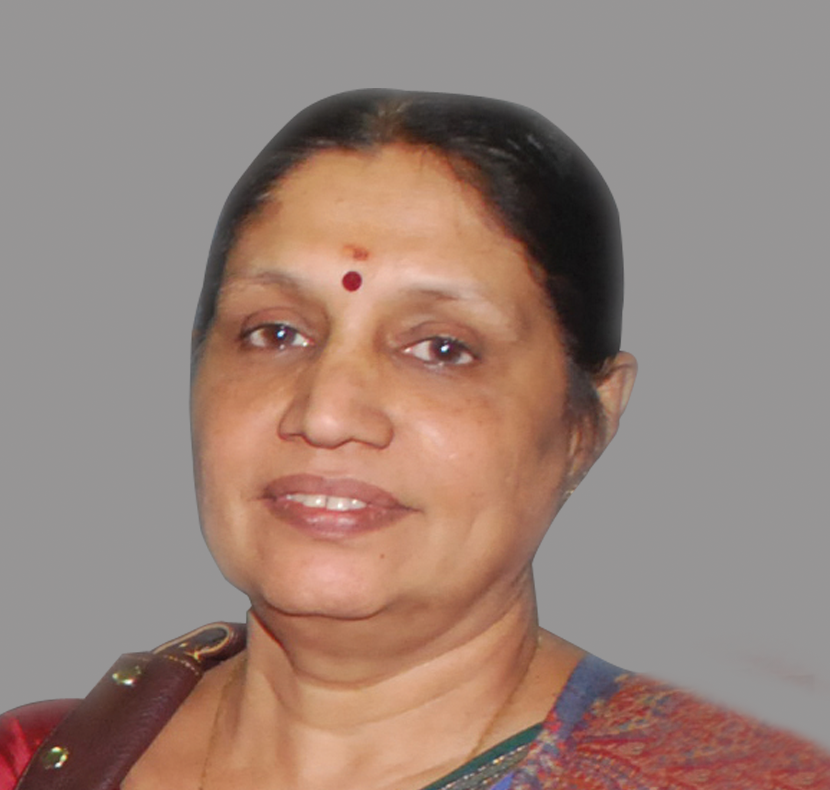
Chairperson, National Biodiversity Authority, Chennai.
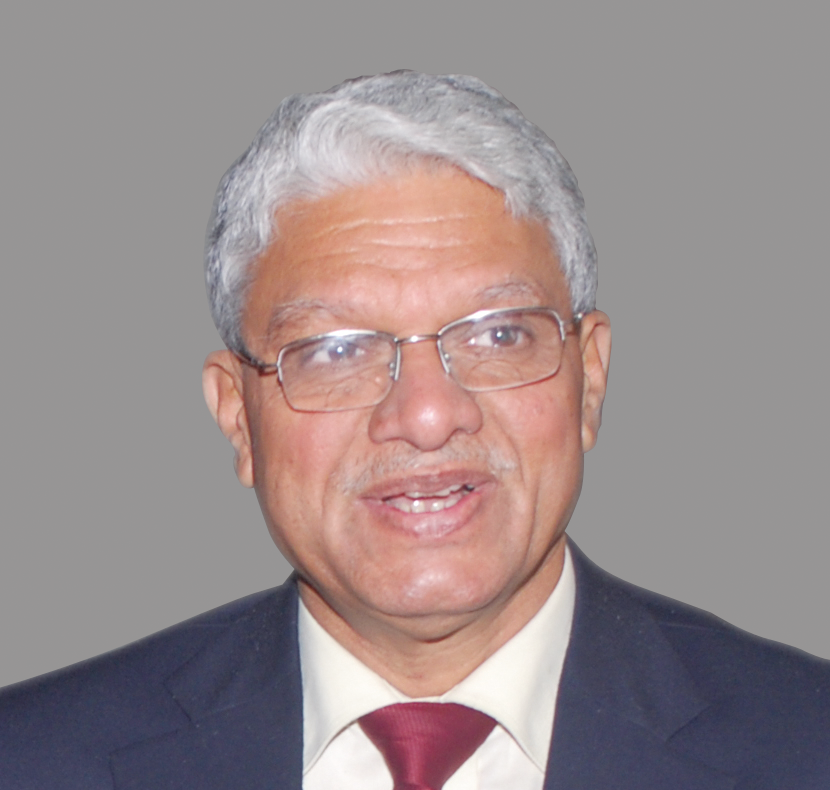
Air Vice Marshal (Retd) Former DG, IMD, New Delhi.

Former Member Secretary, Central Pollution Control Board, New Delhi.

Former Director, NCAOR, Goa.

Professor, CSRD, Jawaharlal Nehru University, New Delhi.

Professor, CSRD, Jawaharlal Nehru University, New Delhi.

Director, Economic Research, Nielsen, New Delhi.
Inside this issue
Water Policy
With rapidly changing consumption patterns, the discourse is not only about conserving conventional means, but also about finding new sources of water and allocating them to various competitive uses.
Water scarcity in India cannot be tackled without establishing binding water withdrawal limits through a system of enforceable water rights at various scales.
Water is a deeply contested resource because of its multiple uses, meanings and governance regimes. Its fluidity makes it hard to govern and manage. Old and new challenges need to be confronted as climate change uncertainties amplify and shape water access and water use in India.
Water Management
Groundwater is the largest freshwater storage, but its high abstraction rate for fulfilling the demands of ever increasing population, industrial and agricultural sectors has been leading to its significant depletion.
Flood hazard zonation is one of the most important non-structural measures, facilitating appropriate regulation and development of floodplains and thereby reducing the flood impact. Satellite remote sensing data have the capability to ‘provide comprehensive, synoptic and multitemporal coverage of large areas in near real time and at frequent intervals’ over the flood-affected regions.
Dams are an important component of water resource development, particularly needed for a country like India. However, these are to be constructed and managed in such a way that the adverse impacts are minimised.
The threat of scarcity, distribution and quality of water, a finite, natural resource, has made its relationship with conflict. This is an area of continued interest and debate in both the policy literature and popular press.
Water Equity
The profile based on 2011 Census suggests that access to tap water, presumably a safe source, is a distant dream to many as only 44 per cent of population can avail it.
Policy failures have resulted in millions of Indians living without adequate access to safe drinking water. Water ATMs have the potential to ensure easy and cost-effective access. However, a careful consideration of its sustainability is essential.
Groundwater has increasingly been reported to include largely geogenic and anthropogenic contaminants such as iron, bacteria, arsenic, fluoride, nitrates etc. Over the decades, there has been a growing concern about arsenic contamination due to its severe health consequences.
Management of drinking water has become a debatable issue and India is no exception. The centralised piped network introduced in British India has continued post-independence as the only model of water supply in cities. There is thus a link between the current water crisis in cities and lack of diversification of water sources.
Water and Gender
Water is a gendered subject with social and cultural constructs. The contemporary plea to place women at the centre of water management undermines feminist demands for women’s role.
The peri-urban areas are witnessing continually declining work participation amongst the poor, particularly women as extra-mural work such as fetching water restrains women from joining formal labour market.
In brief
Water has been a subject of favoured discourse for many years now. We have heard doomsday prophesies about how exacerbated conflicts related to rising scarcity of water can lead to wars much worse that the world has ever seen. India is a water-endowed country - and the monsoon in the last few decade

